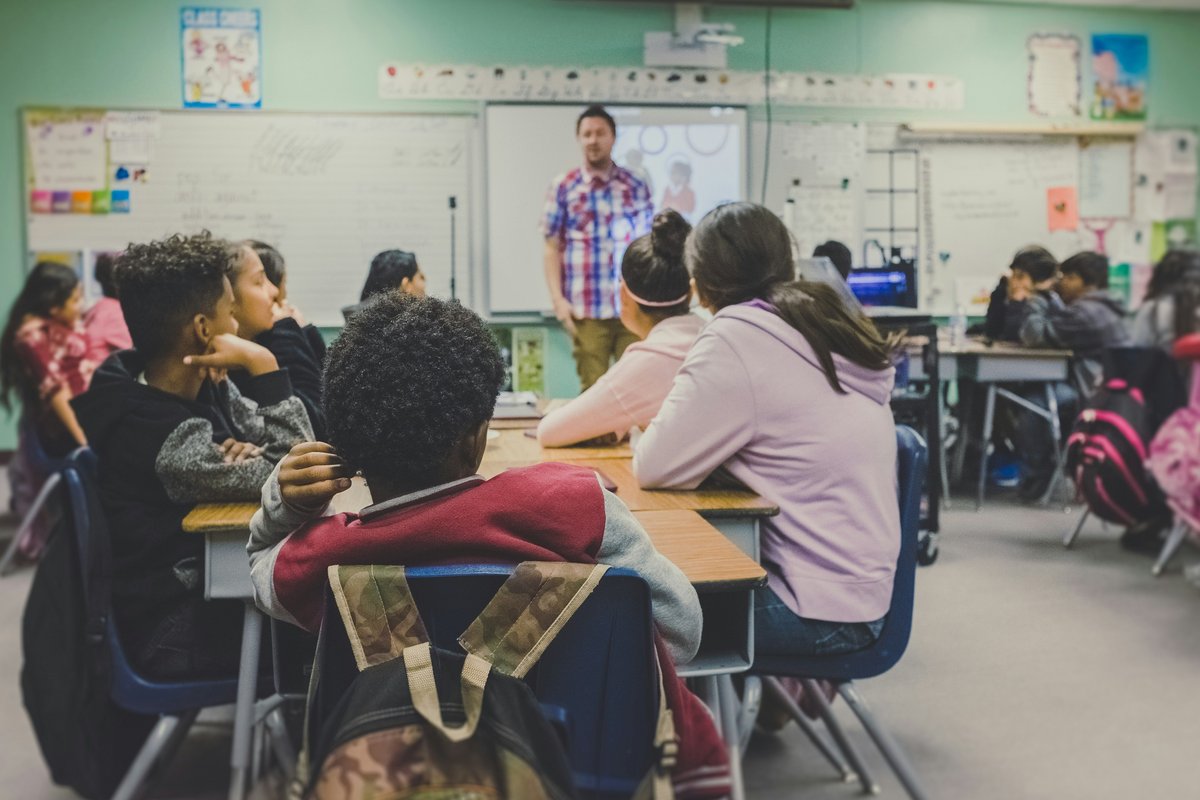
Improving Equity in Education through Youth Mentoring
An Evaluation of a Randomized Educational Intervention in Colombia
Project Description
Aims and Central Research Question
We evaluate the effects of a mentoring program for disadvantaged youths in Bogotá. We specifically look into school performance, tertiary education choices, labor market entry decisions and teenage pregnancies, in the mid and long term. We are also interested in how values such as time preferences, attitudes toward inequality and poverty, and trust between different social groups are transmitted between mentors and mentees.
Background
Many youths in Bogotá face massive obstacles to social mobility and educational equity. Among other problems, children often lack role models that could inspire and help them escape poverty. We have developed and piloted the mentoring program “Más allá de 11” (beyond 11th grade), in which a university student acts as mentor to a disadvantaged youth during the year before the achievement test at the end of grade 11, the “Saber 11”.
School-based mentoring programs in the US and Europe have shown promising effects, but have not been evaluated for developing countries. We aim to fill this gap and find whether the effects will carry over to this very different setting.
Methods
We are planning to run the program for at least three years and aim at 500 mentor-mentee couples and an equally size dcontrol group. We measure several student baseline characteristics likely to be good outcome predictors, and later include them as covariates to estimate the treatment effects. An outcome of key interest is student achievement in the Saber 11 test. To study mid- and long-term effects of the intervention, we will match existing administrative data with our own findings. Lab-in-the-field and survey experiments will allows us to see how attitudes, norms and preferences are transmitted between mentors and mentees.
Outlook
We will continue to administer and manage the mentoring program for disadvantaged adolescents in Bogotá during 2024. In terms of data collection, we will collect endline information for the third cohort in late spring. Once the main data collection is completed, we will conduct the empirical evaluation of the program and prepare the first academic paper. We will also field an additional follow-up survey of the second cohort and investigate the possibility to link our project data with administrative data from social security records. Finally, we will plan a final project workshop to present our results to the scientific community.
Project Partners - Internal
surveyLab at the University of Konstanz
The surveyLAB specializes on planning and implementing web-based and telephone-based survey studies. It was founded in 2011 as an infrastructure platform and can be used by social scientists from the university and outside. The surveyLAB particularly focuses on survey experiments (such as factorial surveys). Find more information about the surveyLab here.
Prof. Dr. Stephan Schumann (Cluster PI)
Prof. Dr. Stephan Schumann is a Professor at the Department of Economics at the University of Konstanz. Other Cluster projects he's working on are 'Students' Perceptions of Inequality and Fairness and their Impact on Educational and Political Participation' and 'Integration at Work'. Find more information about Stephan Schumann here.
Project Partners - External
Diego Amador (Texas Policy Lab, Rice University)
Diego Amador is a Research Scientist at the Texas Policy Lab at Rice University. Until 2018, he worked as an Assistant Professor at the Department of Economics of Universidad de los Andes. He is interested both in academic research and in research that directly addresses the needs of government agencies, primarily by evaluating the effects of their social programs. In both of these dimensions, his main interests lie in the intersections between the broadly defined areas listed above. Find more information about Diego Amador here.
Diego Aycinena (Univeridad del Rosario)
Diego Aycinena is a Associate Professor at the Faculty of Economics at Universidad del Rosario in Bogotá. He worked at the Faculty of Economic Science at Universidad Francisco Marroquín, and received his doctorate in Economics at the George Mason University. Find more information about Diego Aycinena here.
Anna Hochleitner (University of Nottingham)
Anna Hochleitner is a PhD student at the School of Economics at University of Nottingham. Her research interests are behavioural and experimental economics, including both lab and field environments. In particular she is interested in the emergence and consolidation of status differences and their impact on preferences and individual decision making, as well as the evolution of discriminatory norms. Find more information about Anna Hochleitner here.
Andrés Moya (Universidad de los Andes)
Andrés Moya is a Associate Professor at the Faculty of Economics at the Universidad de los Andes. He holds a PhD in Agricultural Economics and Natural Resources from the University of California. Find more information about Andrés Moya here.
Literature
Publications
Fehrler, Sebastian, Urs Fischbacher, Anna Hochleitner, and Guido Schwerdt (2022). Mentors Guiding the Way: Setting Up an Educational Experiment in Colombia. In_equality magazine: Research Magazine of the Cluster of Excellence “The Politics of Inequality". University of Konstanz.
